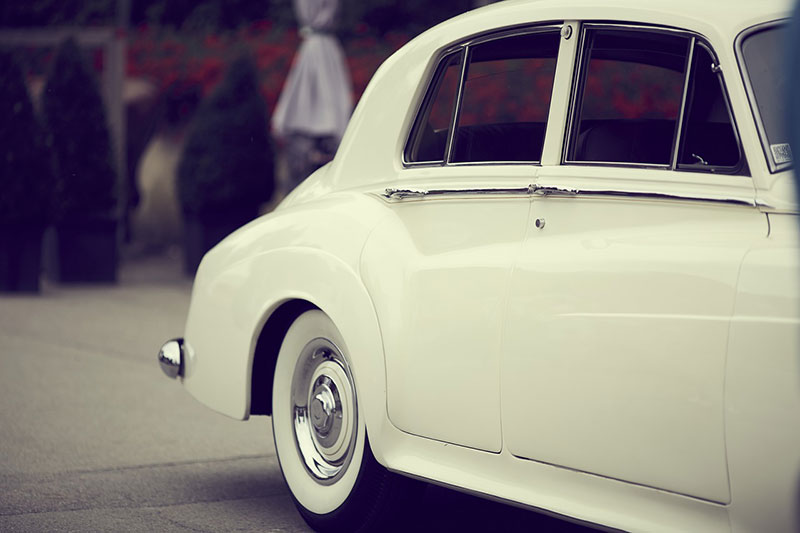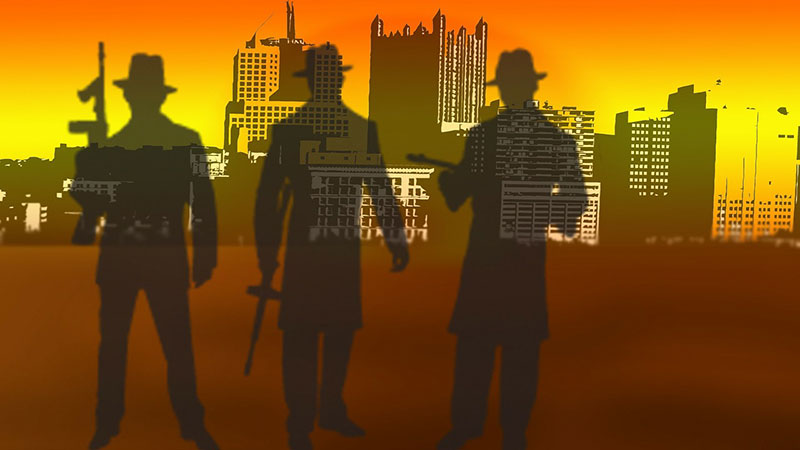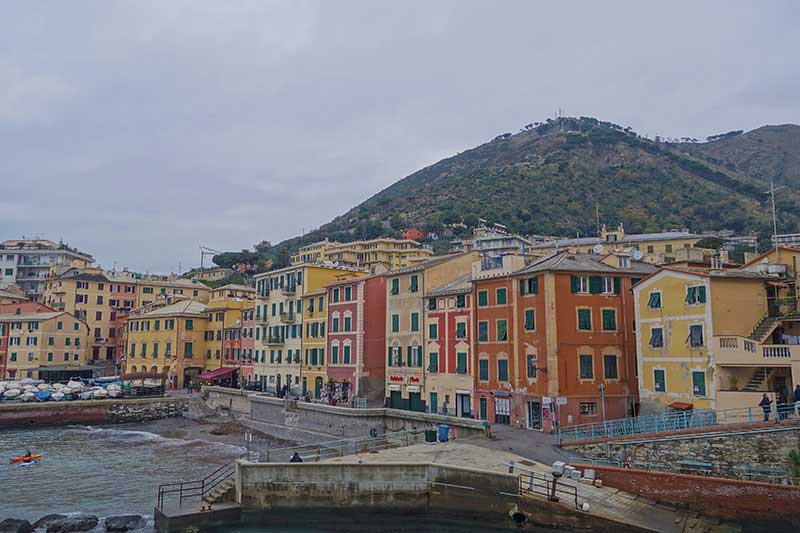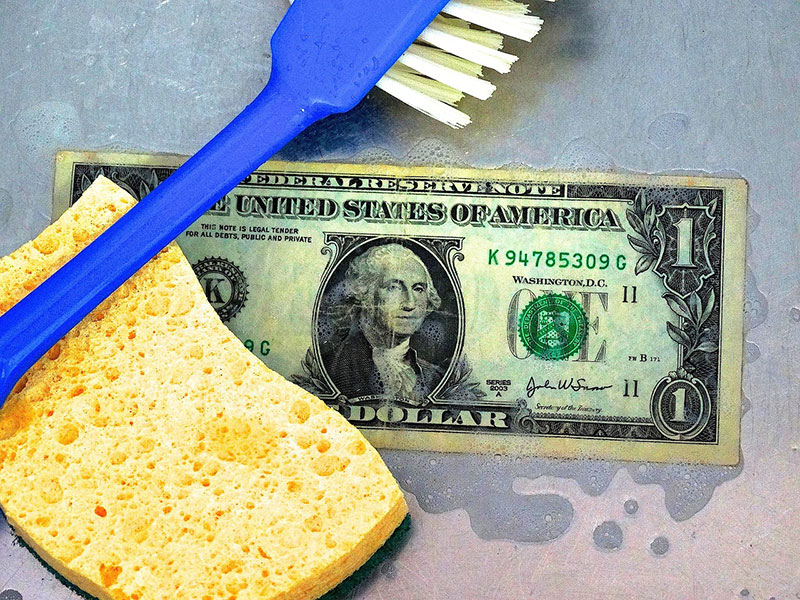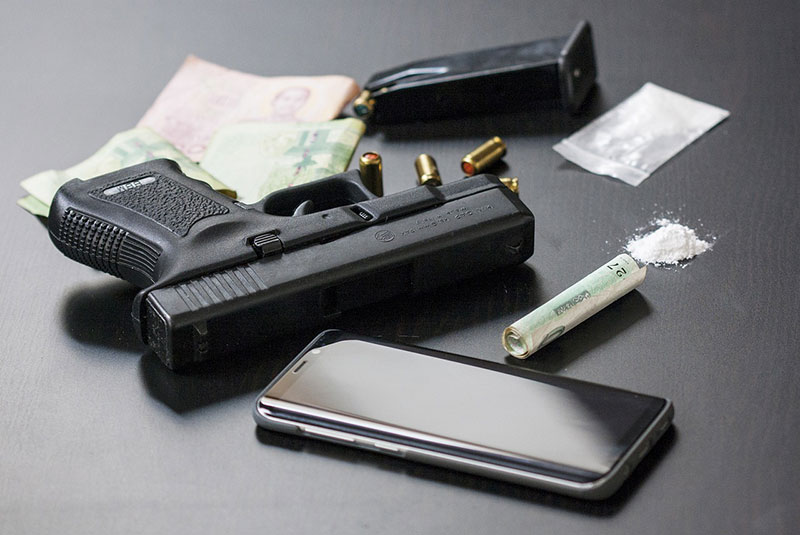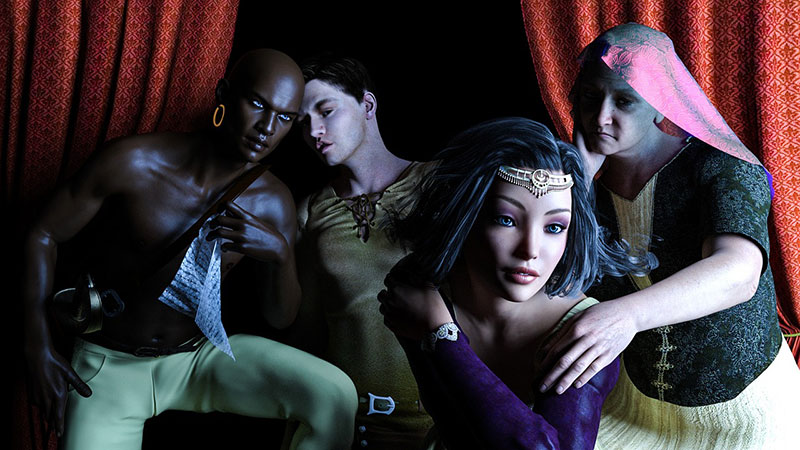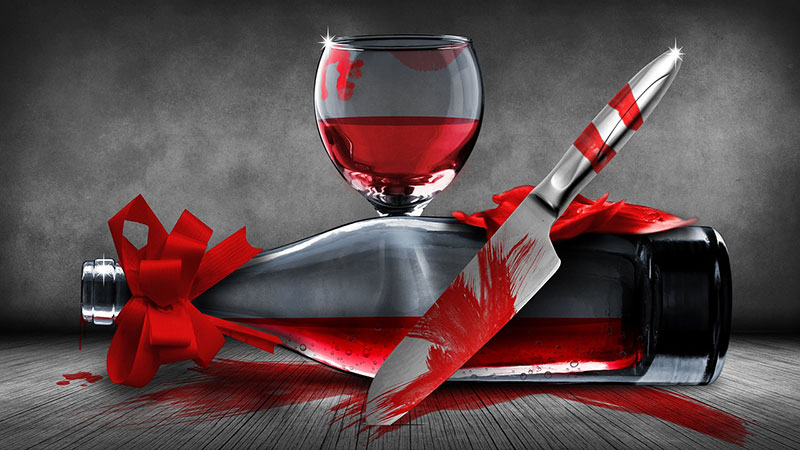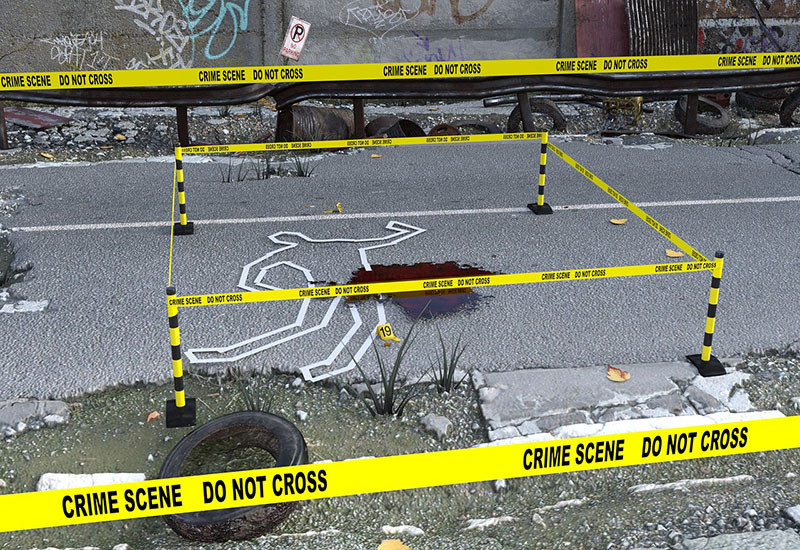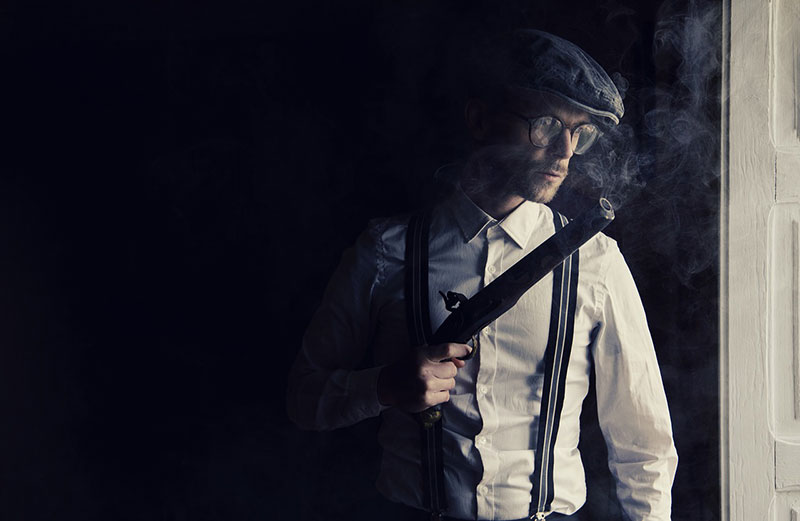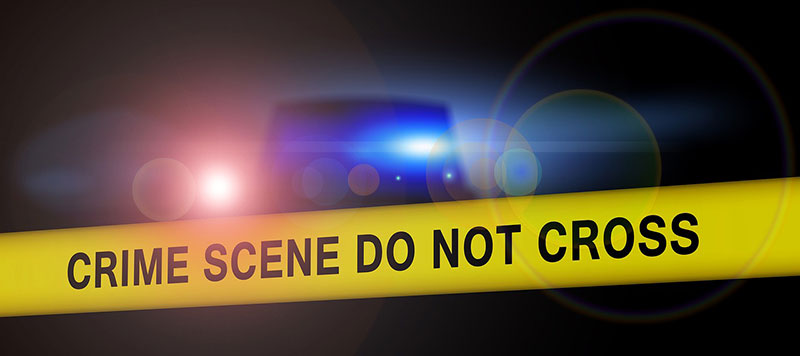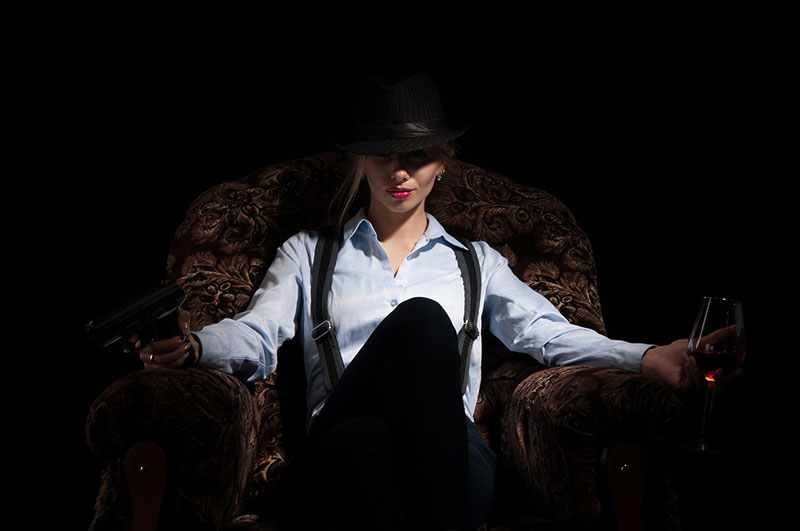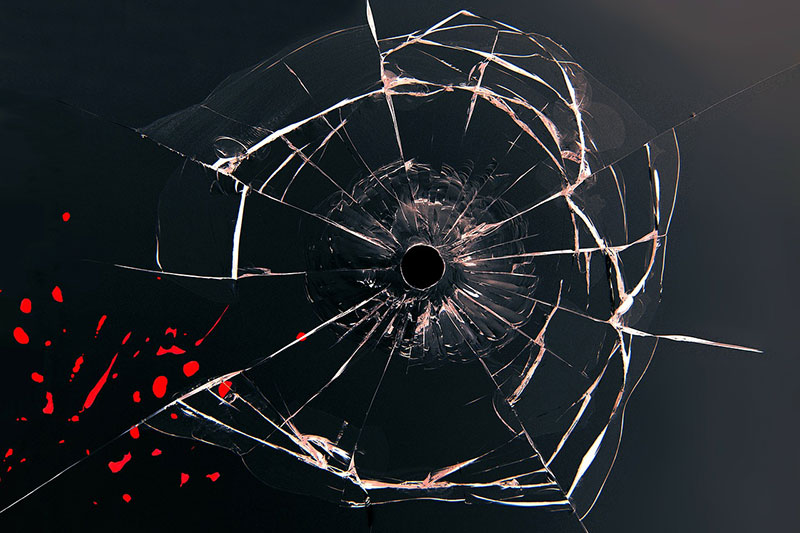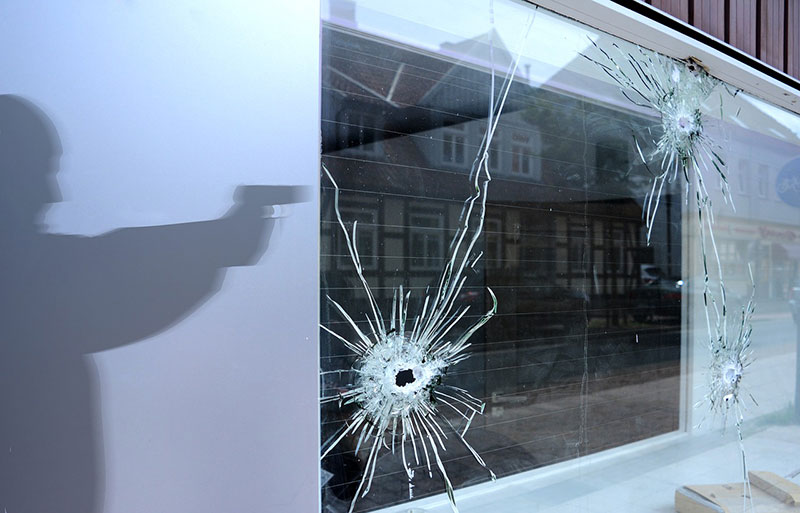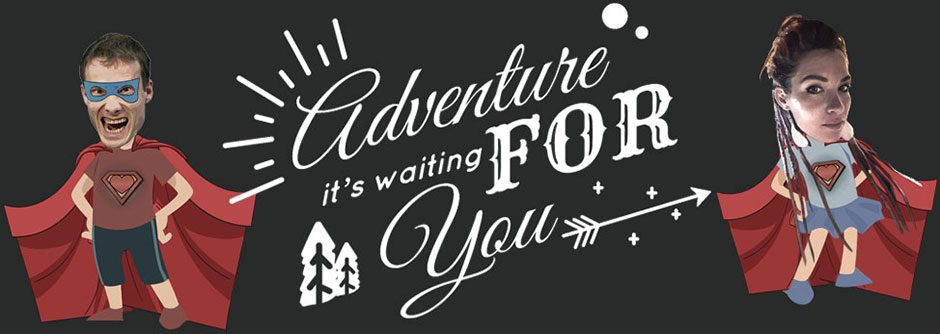Italian Mafia - What is true and what is myth?
Does the Italian Mafia actually still exist? This question haunted our minds as we approached the Calabrian border a few weeks ago. Because especially the south of Italy is known for its mafia. Everybody knows the stories about the powerful families who wage war for supremacy in long, bloody feuds, about the restaurants, bars and cafés that are destroyed by the thugs when their owners don't pay protection money, about the corrupt police, who represent the interests of the mafia more than those of the people, about the trade in drugs, people and weapons and about the many hidden intrigues with which the current rulers are overthrown, while the backers and women always remain in power.
But what is the truth of all these stories? Is this really the way life here, or are they myths and fairy tales that Italian mothers tell their children to make them behave? And above all: what is there still today? Do the old mafia structures from the times of Al Capone and Parten still exist, or does all this belong to the past?
Is the Italian Mafia a thing of the past?
First of all, we were almost convinced that the latter was the case. Many of the stories you heard might be true, but it all seemed to be from days long gone. What was once the mafia in the form of trafficking in human beings for prostitution and slavery was now the organised refugee policy, which in this way brought cheap labour from Africa and the Middle East into the country so that they could slave away at the subsistence level here.
Brutal, reprehensible, dubious and, in any case, to be stopped: YES!
But mafia? Probably not.
In addition, another point spoke against it: Calabria was poor as a third world country. Not because it should have been, because there was more natural wealth here than one could ever imagine. Only what fruit-growing and tourism could have created, if one had only wanted to, went beyond every limit. But one did not want. It had the most beautiful coastline in the whole country, but instead of building beach promenades, hotels and residences on it, it was decided to build a national road and a railway line. The forests that once covered the land and made it fertile were cleared and turned into pure deserts where even the figs withered away. Would mafia families who sought wealth and power here have allowed such a thing to happen? Our opinion: Hardly!
Follow the money
A local priest seemed to confirm this assumption at first: "Whoever thinks of Calabria immediately thinks of the Mafia! "But this is nonsense! In the past, when we were once wealthy, there were also the mafia families here, but they have long since moved on. They are where the money is. In Düsseldorf, in Milan, in Central Europe in the big, wealthy cities. Nobody wants to be here anymore! Not even refugees stay here! They arrive and immediately move on to the north, because they are no better off here than in their own country. At most, the young people stay to work in the fields or sell useless things on the beach."
The search for traces begins
This also sounded very conclusive at first. But it did not quite match our observations. Here in Calabria, too, it was teeming with people with migration background. As the priest had said, most of them were actually young slaves who worked in the fields and as flying traders. But not only. They existed nevertheless, the African families who also lived here.
To find out more, we started researching and came across a report about the vacant residences and apartment complexes on the beaches of southern Italy. We had already seen them in such large quantities that we always wondered how this could have happened. How could so many businesses close down in a region that was so predestined for tourism. In some cases even before they were even opened?
According to the documentation this had to do with the destruction of the mafia. A large part of these holiday residences had therefore been built by the Mafia in order to launder the money from the illegal businesses. After the state had acted with renewed severity against the families and had smashed most of the power syndicates, these holiday residences had been closed down and were now waiting to decay. That also sounded plausible!
Open questions
So there really was no mafia anymore? Had the state won and finally turned Calabria into a quiet, peaceful and crime-free area? Or had it simply taken over the business itself?
It only took a few days until we could answer this question with a clear "neither nor! And in a way we even became part of this absurd story ourselves.
The Italian Mafia today
Since we reached Calabria, we have gained a new supporter for our trip. His name was Valentino and he was the president of the "Misericordia de Trebisace", a small town rescue organization. The advantage was that the Micericordia, similar to the Red Cross or the Maltese, had bases and contacts in many cities, but at the same time were part of the Catholic Church and therefore had connections with the parish priests. Therefore Valentino with his contacts was able to organize our sleeping places for a good week in advance from a distance.
Now we reached Crotone, a larger town, of which we immediately suspected that we would have a hard time here. Why can I not even say. We just felt it. Valentino, on the other hand, said, "Don't worry. Right next door there's a station of the Misericordia, which means I can arrange everything for you!" But when the time came, all confidence was gone. "Unfortunately I can't help you after all!" he just said, "The Misericordia's boss is in trouble and it looks like they can't do anything for you right now."
Only the next day did we find out what these deliberately vaguely formulated problems were about. At first we ourselves sank a little into chaos, spent the night in a tent on a dusty meadow in the middle of residential complexes and needed almost a whole day to get another place to sleep.
The Church and the Mafia
But in the end this also helped us to find out why everything was so complex here.
It was now almost two years ago, there had been a raid here in the first aid station, as well as in the parish. The success of the action: the entire upper ranks including the priest and the president of the Misericordia were arrested. The reason: money laundering on behalf of the Mafia!
In fact, a few years earlier, the pastor and the first aid president had built a new retreat centre outside the village, which was extraordinarily flourishing and enjoyed general popularity. What nobody knew, however, was that this centre was only superficially a charitable institution, while its main purpose was to launder Mafia money. And on a very large scale. Negotiations for the wire-pullers and the accomplices are still going on, but they are about prison sentences between 7 and 21 years. Nothing harmless, then.
Zeugenberichte über die Mafia
The priest with whom we were now sitting at the table and who told us all this had been appointed by the church to replace the involuntary prison priest. A job that was a tough one, and one that the poor man had to struggle with quite a bit. Because the people were more than divided about the mafia involvement of the church in this place. Many were naturally disappointed and felt betrayed. After all, the man they had trusted for years, who had taken their confessions, preached to them at Mass about good and evil, right and wrong, and told them about the will of God, had been nothing more than an innocent, hypocritical mafioso.
Others believed that the Church as a whole was a mafia-like system and that this case had only separated a tiny spike from the iceberg through which the entanglements were now visible. So who said that the new priest was not as much a gangster as the old one? And still others could not believe that their Don, their Don of all people, was a criminal. At this point we should mention once again the ironic equality in the official title of the Mafia bosses and the Italian priests, both of whom are addressed with the prefix "Don" and then their first names. Many may know this from the films around the Italian parrer "Don Camillo" and from "Don Vito" from the "Godfather" films.
But back to the subject.
Don Francesco, that was the name of the new priest who was now sitting opposite us, tried to reconcile all these parties and thus smooth the waves. But it would still take many years before he would be able to achieve real success here.
How does the Mafia make their money?
However, new problems were constantly emerging. After all, we were not entirely wrong in our assumptions about the new forms of trafficking in immigrants. In fact, the old mafia families were still involved, although no one could say exactly who the real mastermind was. The only fact was that crime in the cities increased with the immigrants and public prostitution spread like wildfire.
Human trafficking
The Mafia had also always been involved in human trafficking in the form of prostitution and had been very successful in this field. But it had always had a regulated framework, so that one could easily find the appropriate ladies if one wanted to, but not necessarily run into them if one had nothing to do with the matter. Today it was different. In the last two weeks alone, although we usually stay away from the big streets and cities, we had seen about five to eight prostitutes standing around in the bright sun in broad daylight somewhere in the pampas waiting for a suitor.
None of them had been Italian, and you didn't need to be a judge of character to see that none stood there voluntarily. Even worse, the priest told us, though at night and in the cities. In some places one could no longer cross the street without stepping on the feet of a prostitute. Most of them were Romanian, Bulgarian and Albanian women, but recently many women had also arrived in Nigeria, Eritrea and other African refugee states. He could not say for sure, but at least in his own community he often had the impression that they were minors who were being sold on the street for a ridiculous price.
Male prostitution
But it was not only women who were affected. Male prostitution also shot up like a toadstool after the rain. Especially young, well-built Bulgarians and Nicaraguans offered their services in every corner. As a rule it was men who accepted them and as a rule the male whores were not homosexual.
When the priest told this, suddenly a situation that had left us shaking our heads the night before made sense. We had arrived in Crotone well after 10:00 p.m. and I tried desperately and unsuccessfully to find a priest somewhere who was awake and would take us in. Heiko was waiting in front of the church. On the other side of the square sat a young African who had first torn his shirt off. Heiko didn't think of anything special yet, but thought it was an understandable reaction to the still unbearable heat. But then he noticed that he had his pants hanging in the back of his knees in slightly exaggerated rapper style, while his underpants just barely covered his hanger.
That too might be pleasant in the heat, but then it went a bit far, for the man was sitting on a church staircase in the middle of the city, while countless young people were still raging through the streets. Among them also many girls. The fact that the man was probably not sitting there to chill out but to wait for a customer did not make things any better, of course. However, it became a bit more comprehensible, as it was somehow all about presenting what one had to offer. After all, as the saying goes, who likes to buy a snake in a poke?
Drug trafficking
According to our pastor, the drug trade and, as a consequence, the consumption of drugs had also increased enormously. This of course had an effect on petty crime and the people's readiness to use violence. In other words: Calabria was worse off today than ever before and was still on a downward spiral. This did not get any better when it was announced that the Mafia was now officially being attacked more than ever before and had almost been wiped out. For tourists and foreigners like us it might not seem so present at first sight, but if you knew your way around, you could still feel that nothing happened here that the Mafia didn't have a hand in.
So in the following days we interviewed several other priests, which resulted in an increasingly complete, abstruse and not entirely harmless picture.
Don Antonio, who accommodated us for two days due to the lack of helpfulness of his colleagues, told us a lot about the daily life with the Mafia.
Power, violence and intrigue
A few weeks ago, for example, he had been cut by a flashing blue Mercedes on the main road, which had almost forced him into the ditch. He had even had the audacity to knock his mirror out of the open window at full speed with his flat hand so that it folded in.
Hotheaded as our priest was, he had immediately given him the finger and shouted a loud "Asshole! Yes, priests are only human.
But what he hadn't expected was that the riot driver would take this spontaneous anger reaction so crooked that he turned his car around and drove back with squeaking tires and without regard to losses.
The Church has immunity
"What do you think you are, that you think you can handle me like this?" asked the man from the wheel of his Mercedes. That was all he needed to say, because Don Antonio immediately recognized him as one of the sons of a local mafia family. Any other person would probably have been in acute danger at this point and Don Antonio was also scared to death. If the boy killed him out of anger for the insult, the only thing you would be able to read in the newspaper later on would be something like "Pastor died in a tragic car accident with increased speed".
But despite his fear, Don Antonio managed to do exactly what saved his life at that moment: he answered the young mafioso's question with the right answer. 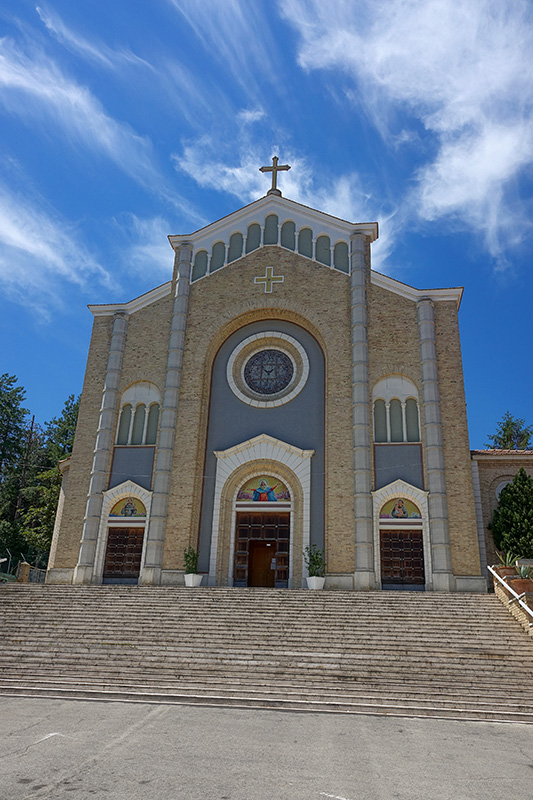
"I am the priest here!" he shouted aloud as it ducked down, holding up its large iron crucifix which he wore around his neck.
At once the boy recoiled. "Oh sorry, my father!" he shouted full of guilt, "I didn't want to disturb her!"
Then he let the engine roar and disappeared. A priest here was under the protection of the Vatican and was therefore untouchable at first. Why this is so, one can now also think about it again. Especially if you know stories like the one about the Misericordia.
But it is also a fact that most Mafia families are traditional families for whom faith plays an important role. And you don't kill a priest for fun. If you did, you'd need a good reason.
"The Mafia has its fingers everywhere"
Later that evening Don Antonio returned to his village in the mountains, where he was to lead a procession in memory of San Rocco. Afterwards he told us that almost all the main initiators of the procession were mafiosi. A colleague had had a similar situation a few weeks ago and had stopped his procession completely. He had even made a huge fuss about it and announced that he would no longer tolerate the rule of criminals in his parish.
When the priest came home two days later, he found a small warning on his door. They had taken the head of a mannequin and photographed it to give it the face of the priest. Then they had made her an artificial tongue hanging out, made her neck bloody with red paint, put devil horns on it, and then cut the work of art with a long knife directly on his door. The message was clear: no one here would bother to use a doll for such a door decoration a second time.
Better not get caught between the fronts
Slowly our interlocutor got going and unpacked more stories of this kind, which were becoming more and more bloodthirsty. For example, he once knew a young man whose father was somehow involved in the mafia business. He himself had nothing to do with it, but had moved to the north to study and had met a young woman there whom he wanted to marry. The fatal thing was that his father managed to manoeuvre himself into the line of fire of his employers in some way.
How he did this and what exactly the problem was, we unfortunately could not fully understand due to the language barrier. However, it was probably about debts and the fact that the father in some way brought his son into the game as a kind of surety. Anyway, the end of the song was that no harm was done to the son himself, but his future wife was neatly cut up and fed to the fish. In this one case the whole thing somehow came to the surface and both the murder and the way the body was disposed of became public. Usually people just disappeared and never reappeared without ever finding a body or even a remnant of them.
"It's a common Mafia trick!" Don Antonio told us. They call it "white homicides" because there are no bodies and no blood. People just disappear and never reappear.
Family celebrations
As a rule, however, this mainly affected the members of the mafia themselves. As far as we have understood correctly, there is relatively little collateral damage here. The mafia families seem to be a bit like hooligans at a football match. Their approach is brutal and frightening, but if you don't get caught in the middle by accident or on purpose, nothing happens to you as an outsider. It gets bloody especially when it comes to clarifying power relations. That is, when a less powerful family tries to outrun a more powerful one. Or if some members of the family try to take a higher rank than officially assigned to them.
In such cases, it is easy for a halfway influential mafioso to get behind the wheel of his car and, by turning the "ignition" key, ignite not only the engine but also a car bomb. If something like this happens, it can have far-reaching consequences, because the good old law of retaliation á la "an eye for an eye, a tooth for a tooth" is still valid today.
More than 80 dead
One of our other hosts told us about a case in which more than 80 people were killed in such a retaliatory war. It began with one man planting a car bomb that killed his arch enemy. As revenge, the victim's cousins followed him in the next few days into a tunnel in the mountains, where they opened fire on him with a machine gun. So one blow followed the next, until at some point there was no one left who could take revenge.
The real masterminds behind the Mafia
But the most exciting thing about the story is that the men are always just the pawns in this game of power and violence. The real masterminds behind the mafia are always the women. This has been confirmed by several priests, and it also fits surprisingly well with the picture we got from our trip. We had often wondered how it can be that the women here are exceptionally beautiful, but also exceptionally cold. There seemed to be no real feelings between man and woman.
Unlike in the north of Italy, where we were amazed at how much closeness the individual couples exchanged with each other, here one did not feel the slightest emotional connection between men and women. It seemed as if the couples came together here mainly for practical or even logical reasons. The richest man got the most beautiful woman. Whether he liked her or not. At the same time, however, there was a kind of conspiracy among the women, which we also could not explain at first. Mothers and daughters were always the closest confidants here. But not in a nice "Oh look, what a good relationship the mother has with her daughter" way, but much more in a way that somehow seemed unnatural and made the stomach cramp up.
The women are pulling the strings
Considering that it was the mothers' job to educate their daughters to be the next string-pullers behind the mafia façade, it was no wonder. Nor was it surprising that no real relationship was established with the men. For the good of the family as a whole, a woman had to be prepared at all times to push her husband in front of a moving train as a pawn sacrifice. How the intrigues worked in detail and what was being fiddled with here could not be told by the priests either.
But it was clear that Calabria's criminal elite was completely in female hands. It was the women who whispered into the ears of the men what decisions were to be made next. It was the mothers who brought up their sons from an early age to become the new, representative head of the family. And it was the grandmothers, the oldest ladies in the family, in whose hands all the threads always ran together to control the game.
But what kind of business is the Italian Mafia about?
Our informants were only able to answer this question in part. The original and traditional way of the Mafia to get their money was the protection racket. Anyone who opened a shop, café, bar or restaurant here in Calabria or Sicily could decide whether to find it in ruins within a week or to pay a kind of tax to the incumbent mafia family. This sounds at first like a brutal and condemnable system, but when we asked here again more exactly, we found out that in Calabria as a business operator with the tax for the state and the protection money for the mafia, one still had less taxes than one had to pay to the state in Germany. And in contrast to the German state, if necessary one actually received something in return from the Mafia. Because whoever paid protection money also bought a certain amount of protection, which could be claimed in an emergency.
Protection racket
With the money from this protection money system some families soon became so rich that they could invest in other businesses. This gave rise to the trafficking of drugs and human beings, which, as mentioned above, became more and more widespread. In addition, there were the usual other illegal to semi-legal branches of business, with which one could make a lot of money in a short time: Gambling, casinos, international money transfer, arms dealing, tourism and so on. Up to this point the priests were in agreement. After all, this had been the stand where the Misericordia and the priest of Isola had entered the business in order to launder the illegal money of the Mafia.
But this is probably only the tip of the iceberg. The more power and money a Mafia family was able to gain in this way, the more worthwhile it was for them to get into the really lucrative businesses, such as oil trading, pharmacology, food production and, of course, the refugee industry.
In the end, everything is once again linked together.
Is the Mafia dangerous?
This question also crossed our minds, of course: Is it really sensible to wander through a mafia area? Isn't that much too dangerous? But in fact, apart from screaming children and speeding car drivers, Calabria is quite peaceful. So not in the sense of "calm and peaceful", so that four of us could sit back and enjoy life. It is much too loud and hectic everywhere. But in the sense that one can hardly ever observe public authority. As I said, if you put yourself in the firing line, you have to expect negative consequences. But as a vacationer or tourist, one normally does not even notice that there is anything unusual going on here at all.
Further information about the Mafia
If you want to learn more about the Italian Mafia, we can recommend the following books:[amazon box="3596171067" title="Cosa Nostra: Die Geschichte der Mafia" description="Das wahre Gesicht der italienischen Mafia jenseits des »Paten«-Mythos. Korruption, Erpressung und kaltblütiger Mord – das ist die blutige Wahrheit hinter dem Mythos Mafia." ]
[amazon box="3406700462" title="Mafia-Leben: Liebe, Geld und Tod im Herzen des organisierten Verbrechens" description="Federico Varese berichtet in seinem spannenden Buch vom Leben und Sterben der Mafiosi, das er so nah und privat erkundet hat wie kaum jemand vor ihm." ]
The following documentation about the Mafia in southern Italy also offers a lot of interesting information:The slogan of the day: The Mafia has its fingers everywhere Stage for the 1st day: Distance: 19 km; difference in altitude: 260 m; finish: vicarage, Isola di Capo Rizzuto, Italy Stage 2: Distance: 12 km; difference in altitude: 160 m; finish: Parsonage, Le Castella, Isola di Capo Rizzuto, Italy Stage 3: Distance: 19L km; Altimeter: 66 m; finish: former rectory, Botricello, Italy Stage 4: Distance: 29 km; difference in altitude: 140 m; finish: Hotel Costa Jonica, Sellia Marina, Italy Stage 5: Distance: 21 km; difference in altitude: 90 m; finish: parish hall, Roccelletta, Italy

